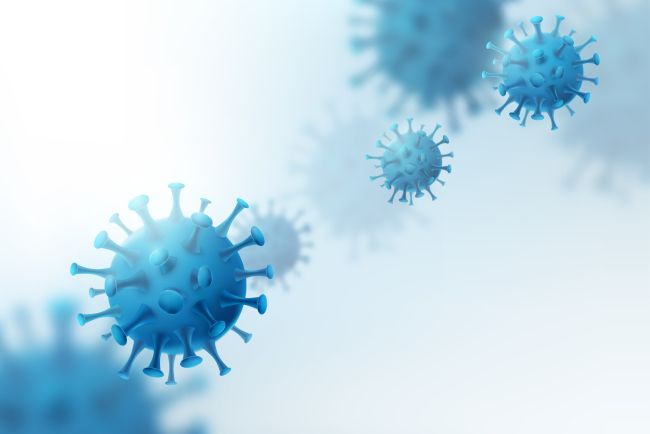
Leaky Gut Causes Higher Severity of Covid-19
As the virus that causes Covid-19 rages across the world, people are rightfully worried about their health. Recent spikes across Europe are cause for concern, particularly for those in vulnerable populations. For the most part, countries address the problem by enforcing social distancing, mask mandates, and restricting large gatherings.
While these policies help reduce transmission to the public and prevent overloading healthcare systems, they do not necessarily protect individuals once exposed to the virus. So how do you, as an individual, protect yourself? Is there anything you can do to lower your risk of having severe illness?
A new paper indicates that “leaky gut” (or increased intestinal permeability) is a predictor of severe Covid-19 illness. (1) This implies that we may be able to protect ourselves from having severe Covid-19 illness and lower our risk of adverse symptoms and death.
How Leaky Gut Drives Severe Covid-19
Our gut is home to trillions of bacteria that make up our microbiome. In an ideal state, these bacteria, along with fungi and viruses, work with us to maintain a strong intestinal barrier. Furthermore, they compete with pathogenic bacteria that typically cause illness, keeping them at bay.
But if this system becomes compromised, pathogenic bacteria can dominate the beneficial bacteria, and cause our gut to become leaky. As a result, bacterial components can move into the bloodstream and cause systemic inflammation. This systemic inflammation, in turn, may fuel the cytokine storm (when our immune system goes into overdrive) that promotes severe Covid-19 illness.
Interestingly, the comorbidities that increase risk for severe Covid-19 illness also tend to present with increased intestinal permeability. Conditions such as cardiovascular disease, type 2 diabetes, hypertension, obesity, fatty liver, and aging. (2) This provides further evidence that increased intestinal permeability may play a role in the severity Covid-19 illness.
Tips to Prevent Leaky Gut
As leaky gut causes higher severity of Covid-19, there are a few things we can do to help maintain a healthy gut and prevent increased intestinal permeability. This includes:
- Increase fiber intake – Bacteria in our gut convert fiber into metabolites called Short Chain Fatty Acids (SCFAs). SCFAs build a strong gut by increasing tight junction proteins that prevent leaky gut, increasing the thickness of the mucus layer, and decreasing inflammation in the gut. (3)
- Maintain adequate Vitamin D status – Research has shown that Vitamin D status is important for a healthy response to Covid-19. (4) Research also indicates that Vitamin D is important for maintaining a strong intestinal barrier. (5)
- Consume green tea – Green tea has been shown to have beneficial effects on the microbiome. The polyphenol content of green tea helps shape a healthy microbiome and decreases intestinal permeability. (6)
Look After Your Gut!
Gut health plays an important role in helping us maintain resilience against pathogens. Recent evidence indicates that this protection may extend to the severity of Covid-19 illness. Behaviors that promote a healthy microbiome help prevent leaky gut and may provide benefit in reducing the severity of Covid-19.
.
Can leaky gut be measured? Yes it can! If you are interested in measuring leaky gut, you can contact info@nordicclinic.se.
A hyperpermeable gut can affect your body and health in many ways. Interested in learning how a leaky gut damages the liver? Please read my previous blog on the topic here.
.
This article was originally published as a guest editor post at foodpharmacy.se
By: Graeme Jones, clinical physiologist and CEO at Nordic Clinic Stockholm.
Published: 02/12/2020
.
References
1. https://www.medrxiv.org/content/10.1101/2020.11.13.20231209v1.full
2. https://www.ncbi.nlm.nih.gov/pmc/articles/PMC6996528/
3. https://www.ncbi.nlm.nih.gov/pmc/articles/PMC7005631/
4. https://www.nature.com/articles/s41598-020-77093-z

